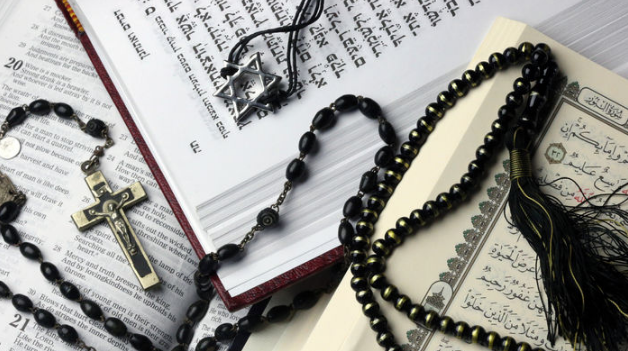MOROCCO: THE “DARIYA”, THE HOUSE OF YOUTH, AND THE HOUSE OF CULTURE
In our new presence in Morocco, Fr. Moll, a Xaverian Missionary from Chad, Africa, shares his initial experience engaging with Muslims as a Catholic missionary.
A heart that loves people but a head that does not learn the language: I have been in Morocco for two years now. It is a beautiful and exciting experience that helps me live my faith with my brothers and sisters of the Muslim faith.
After receiving my destination in Morocco, I felt thrilled, thinking the mission would be easy. I dreamed of learning Moroccan Dariya in 6 months or a year at most. I was thinking of applying the theology taught at IFTIM (Mexico City); I felt like a young man who believed he was changing the world, almost tempted to tell the Lord how to do it. But all this was the fruit of selfishness, of an empty and worldly protagonism.
Now I strive every day to learn both from my own community and Moroccan culture and also from the Muslim faith. Challenges are “a gift and a mission” at the same time. I thank God for what I am experiencing. I honestly acknowledge that I still do not speak Dariya; I go very slowly. Sometimes I get bored learning the language, especially when I feel like I’m not advancing. I have more chances to learn classical Arabic than dialectal Arabic, but people here speak Dariya. I have to commit myself every day. I want to live with the people and not among the people, and the language and culture are the secrets to “being Moroccan among Moroccans,” even without Moroccan nationality. The patience of Abraham, Zechariah, and Elizabeth in the Bible encourages me: they had so much patience and so much faith.
I feel very welcomed by the Moroccans, by the people of Fnideq, where the Xaverian community is located. One of the beautiful experiences is also the presence in the House of Youth and in the House of Culture. I feel welcomed and involved with the managers of these two centers and the young people themselves in activities such as theater or excursions: everything is in Dariya! I feel almost lost. Anyway, I feel at home. They call me “mon ami.” The neighbors, friends, and all the people of Fnideq are very kind: God bless them always. They don’t consider me a foreigner: they call me “our Saleh.” An excellent lesson for me: learn to be patient when studying the language; to be a “child” and to be humble to the point of accepting my mistakes when I speak Dariya; learn to live by the gift of faith and perseverance of others.


